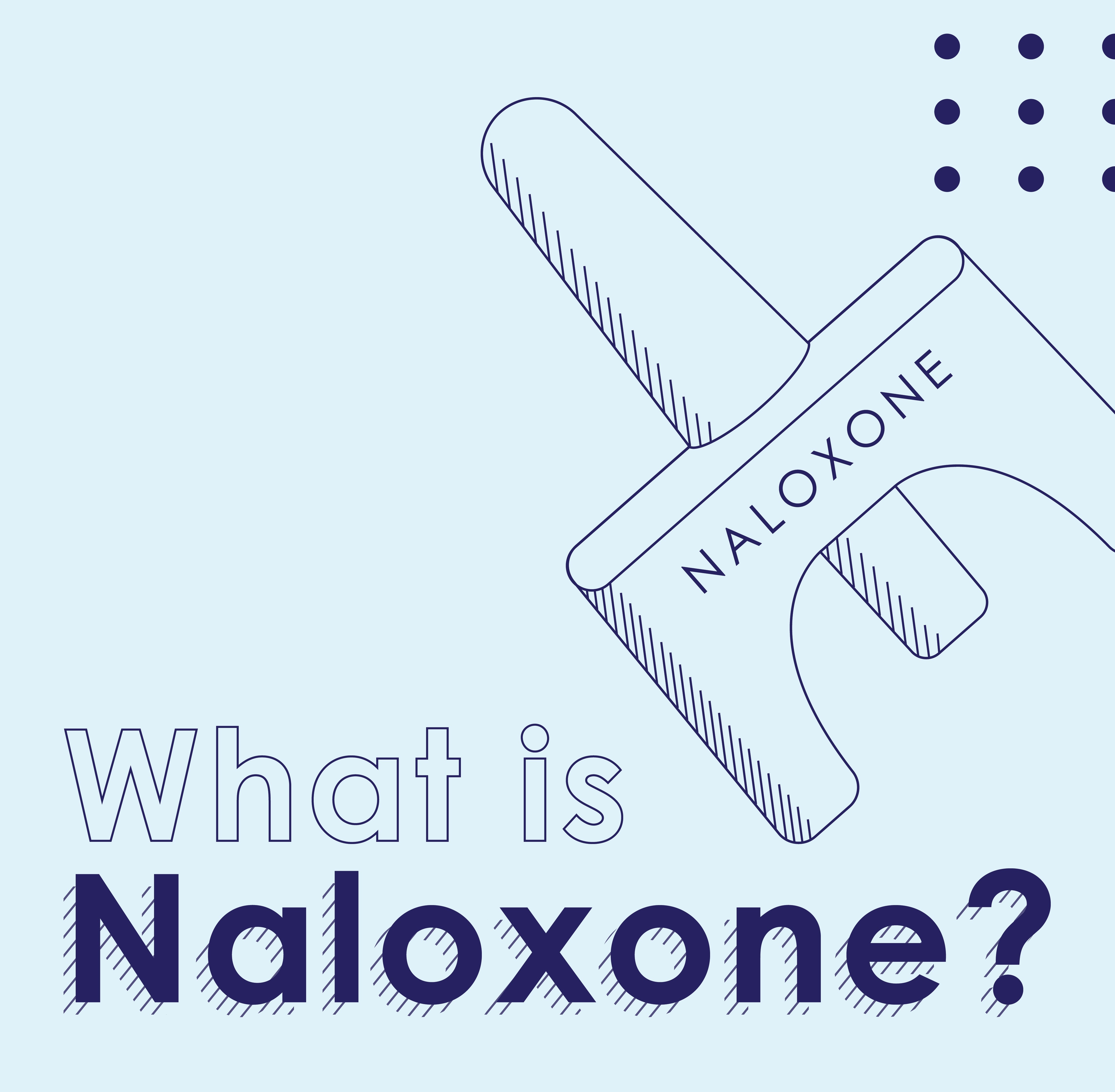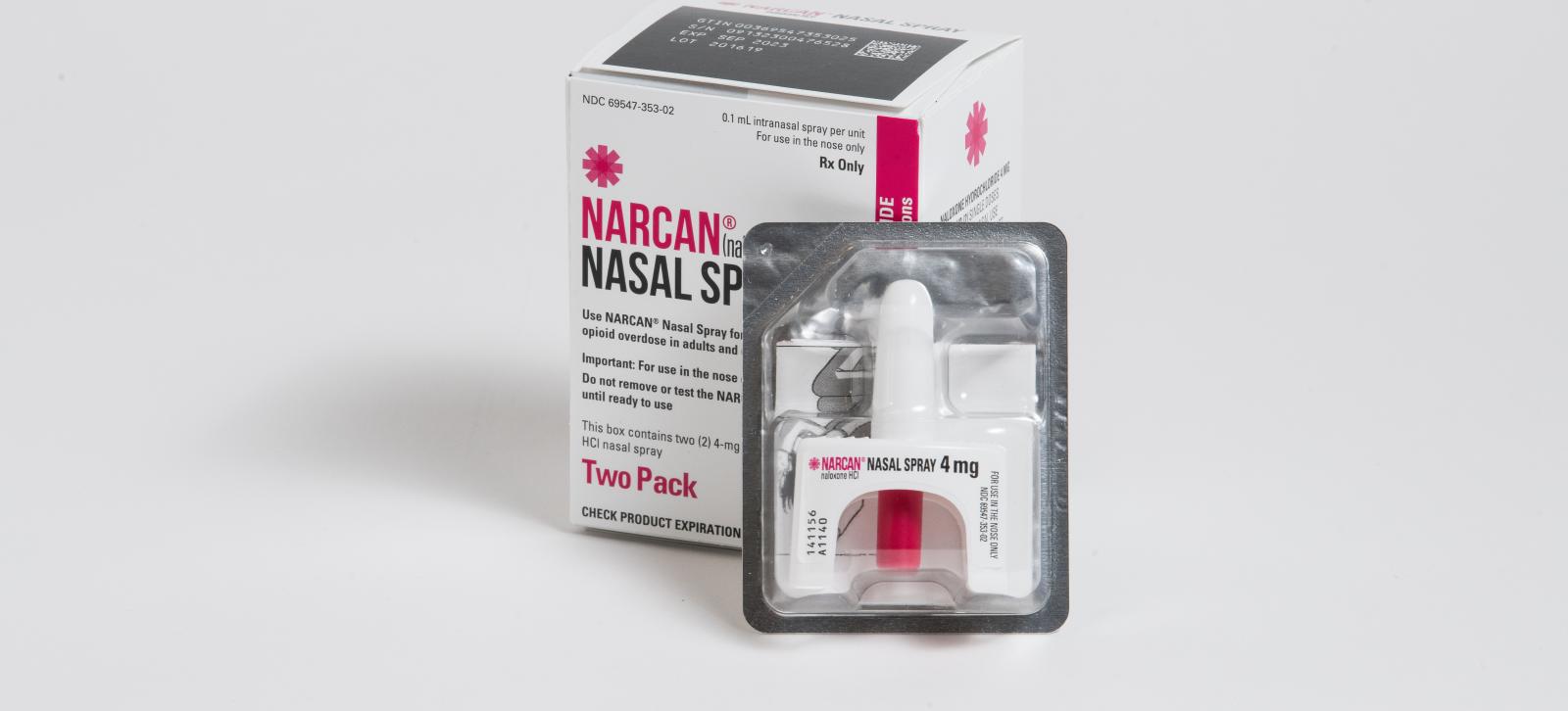What is Naloxone?
Naloxone (Narcan) is a medication that stops the effects of opioids. It is used in emergency situations to quickly reverse an opioid overdose. It works by attaching to opioid receptors (the parts of the body that respond to opioids). This blocks the opioids from having any effect.
There are several ways to give naloxone. The most common and easiest way is through a nasal spray that anyone can buy and use. Other ways include giving it as a shot or through an IV.
Naloxone can help save lives, but even after giving someone naloxone, it’s important to get emergency treatment right away. Naloxone only works for about 30 minutes, and sometimes a person needs a second dose of naloxone.
Who Should Carry It?
Even if you don’t use opioids, carrying naloxone means you could save someone’s life. You can keep it in a purse, backpack, or car so you’re ready to help someone in an emergency.
If you or someone you know is at higher risk of an opioid overdose, you should definitely carry naloxone and keep it at home.
This includes:
- People with an opioid use disorder (OUD)
- People taking high-dose opioid medications prescribed by a doctor
- People who use opioids and benzodiazepines together
- People who use drugs
California’s Good Samaritan law protects someone giving emergency medical help, including giving naloxone. Remember: you can’t give naloxone to yourself, so tell people around you that you have it and where to find it.
Even if you are not sure if someone is having an overdose, you can give them naloxone anyway. Giving naloxone to someone who is not overdosing will not harm them, and if they are overdosing, you could save their life.

Where Can You Get Naloxone?
- Anyone can get naloxone over the counter from a local pharmacy or order it online from major retailers. Many community-based organizations, such as local drug safety organizations and syringe services programs, provide naloxone to the public for free.
- If there are no places near you to get naloxone, you may be able to get it in the mail through Next Distro.
- Find naloxone near you with the resource finder from the National Harm Reduction Coalition.
Don’t forget to share what you’ve learned with friends and family. Knowledge is power, and sharing information can save lives!
